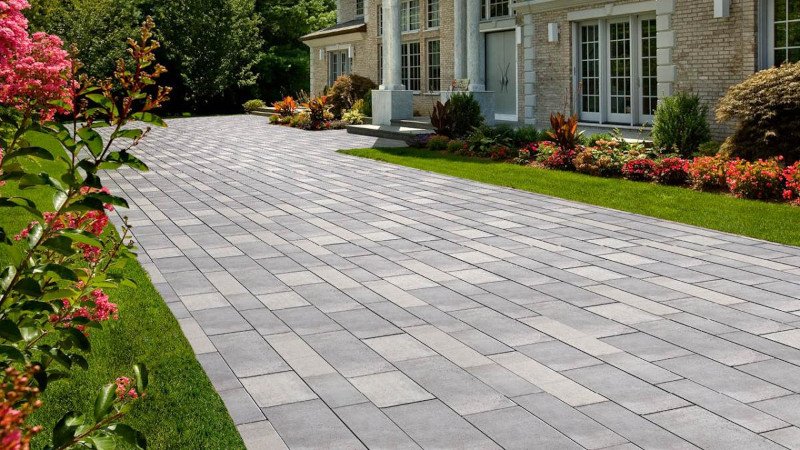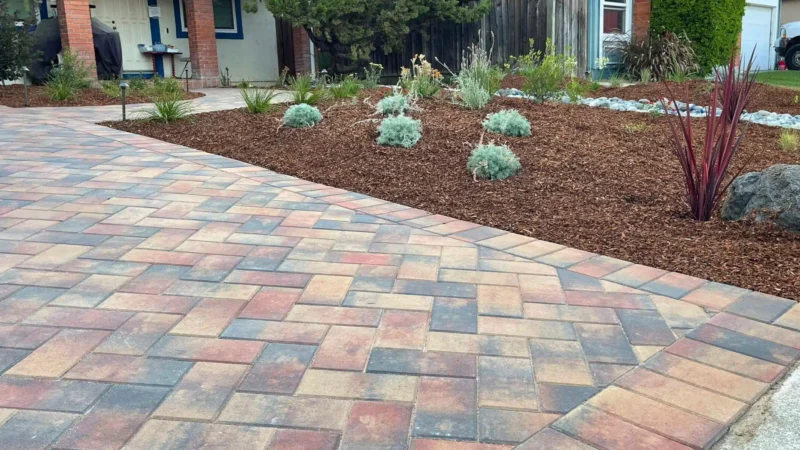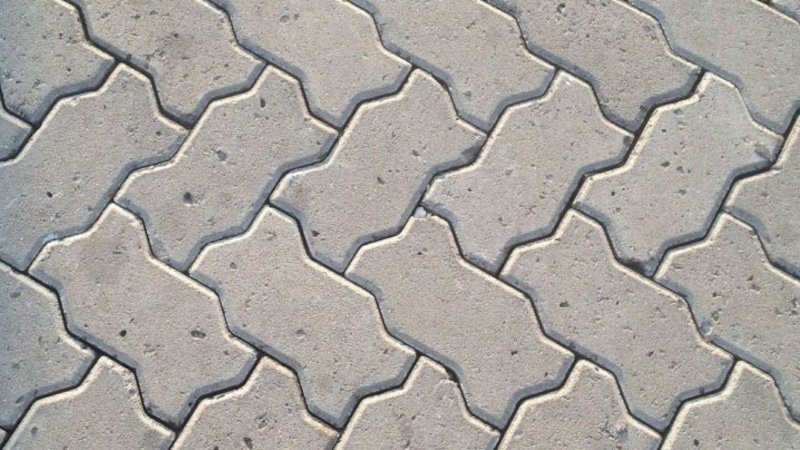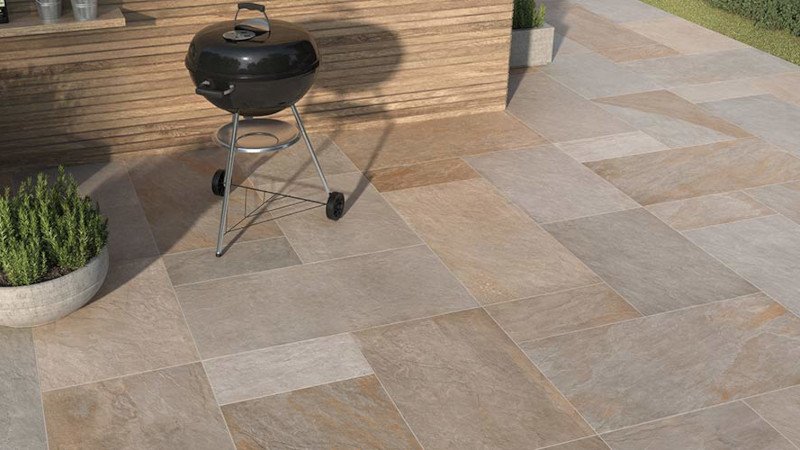Natural Stone Pavers
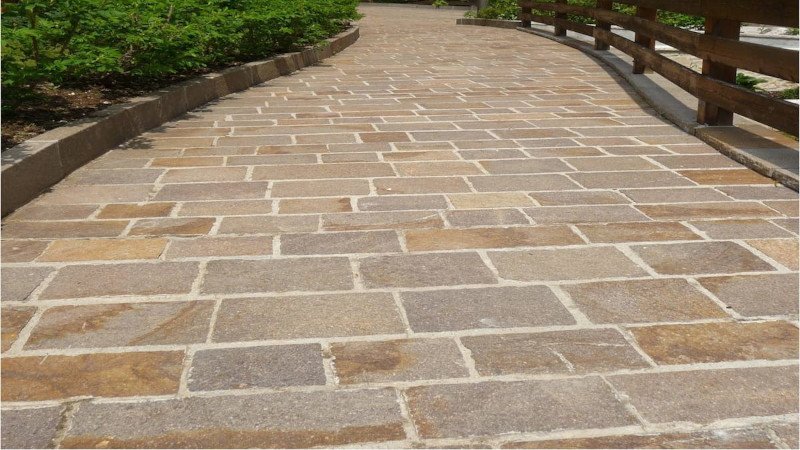
Natural stone pavers offer a luxurious and organic option for various landscaping and outdoor construction projects. Extracted from quarries, these pavers are known for their unique textures, colors, and durability. Here’s an expanded overview of natural stone pavers:
- Types of Natural Stone Pavers:
- Granite: Known for its hardness and durability, granite pavers come in various colors, including gray, pink, and black.
- Limestone: Offers a softer, more porous surface and comes in shades of beige, gray, and blue.
- Sandstone: Features warm tones and a textured surface, making it suitable for natural and rustic designs.
- Travertine: Known for its elegant appearance, travertine pavers come in neutral colors and may have a honed or tumbled finish.
- Bluestone: A dense, durable stone with a blue-gray color, commonly used for patios and pathways.
- Unique Aesthetics:
- Each type of natural stone paver has a distinctive appearance, with variations in color, veining, and texture that add character to outdoor spaces.
- The natural beauty of stone creates a timeless and sophisticated look.
- Durability:
- Natural stone is renowned for its durability and ability to withstand the elements. It can resist fading, weathering, and extreme temperatures.
- Granite and bluestone, in particular, are known for their strength and suitability for high-traffic areas.
- Texture and Finish:
- Natural stone pavers offer various finishes, including polished, honed, tumbled, and cleft.
- Polished finishes provide a smooth, glossy surface, while tumbled finishes create a more weathered and aged appearance.
- Cooler Surface:
- Natural stone tends to remain cooler than other materials under direct sunlight, making it a comfortable option for outdoor spaces, particularly around pools.
- Versatility in Applications:
- Natural stone pavers are versatile and can be used for a range of applications, including patios, walkways, pool decks, driveways, and garden pathways.
- Different types of natural stone may be better suited for specific purposes based on their characteristics.
- Natural Variations:
- Each piece of natural stone is unique, contributing to a one-of-a-kind look for each project.
- Varied patterns and shades within a single type of stone can create a visually interesting surface.
- Permeability:
- Some types of natural stone, such as limestone and sandstone, are naturally more porous, allowing water to seep through the surface. This can be beneficial for drainage.
- Maintenance Considerations:
- Natural stone pavers generally require periodic sealing to protect against stains and maintain their appearance.
- Regular cleaning helps prevent the buildup of debris and algae.
- Cost Considerations:
- Natural stone pavers are often considered a premium option and may have a higher upfront cost compared to other materials.
When selecting natural stone pavers, it’s essential to consider the specific type of stone, its intended use, and the overall design goals of the project. Proper installation and maintenance are key to preserving the beauty and longevity of natural stone surfaces.


